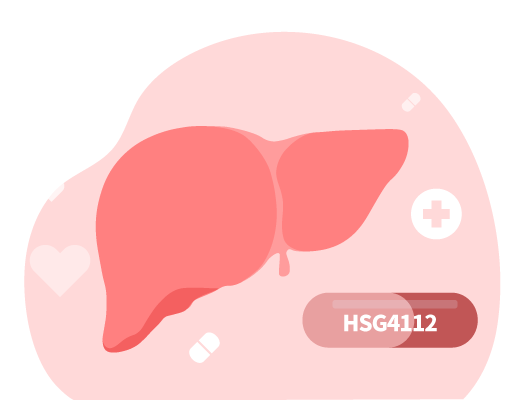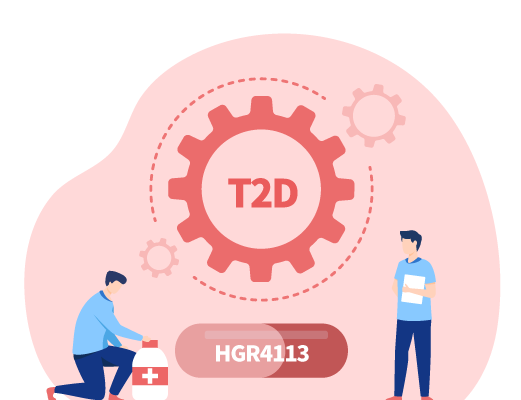Obesity
Metabolic diseases such as obesity, nonalcoholic steatohepatitis (NASH), and type 2 diabetes (T2D) are caused by the metabolic dysfunction within
the body. Glaceum’s compounds restore the damaged energy metabolism by improving mitochondrial function.
Worldwide Obesity
[WHO, Obesity and overweight, 2021]
Obesity occurs when energy intake exceeds energy expenditure. Currently existing anti-obesity drugs act by reducing energy intake via direct appetite control; the downside of this mechanism is the apparent side effects on the nervous system and the weight recycling (yo-yo) effect when the drug administration is discontinued. Glaceum is developing HSG4112 as an anti-obesity drug that improves mitochondrial function via PON2, thus increasing energy expenditure and basal metabolic rate, and ultimately putting an end to the weight recycling (yo-yo) phenomenon.
 Billion
Billion Billion
Billion


